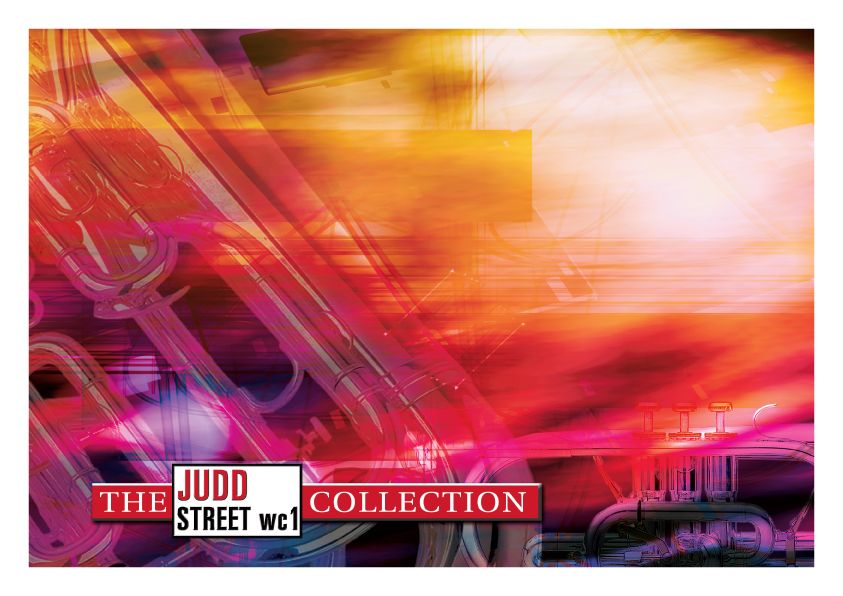Results
-
 £41.60
£41.60Psalm XIX - Benedetto Marcello
Estimated dispatch 5-14 working days
-
 £69.60
£69.60Psalm XIX - Benedetto Marcello - Jérôme Naulais
Estimated dispatch 5-14 working days
-
 £49.10
£49.10 -
£42.95
The Vicar of Dibley (23Rd Psalm) - Goodall
Estimated dispatch 5-14 working days
-
 £29.95
£29.95Psalm Of Thanks (Brass Band - Score and Parts) - Sharman, Paul
The composer is a former member of Birmingham Citadel Band and was asked to compose this piece for the band's 115th anniversary reunion weekend. It is a joyful expression of thanks using the well-known tune, 'Now thank we all our God'.
Estimated dispatch 7-14 working days
-
 £14.95
£14.95Psalm Of Thanks (Brass Band - Score only) - Sharman, Paul
The composer is a former member of Birmingham Citadel Band and was asked to compose this piece for the band's 115th anniversary reunion weekend. It is a joyful expression of thanks using the well-known tune, 'Now thank we all our God'.
Estimated dispatch 7-14 working days
-
 £54.99
£54.99 -
 £16.00
£16.00 -
 £50.00
£50.00 -
 £29.95
£29.95Judd: Psalm of Thanks
The composer is a former member of Birmingham Citadel Band and was asked to compose this piece for the band's 115th anniversary reunion weekend. It is a joyful expression of thanks using the well-known tune, 'Now thank we all our God'.
Estimated dispatch 7-14 working days
